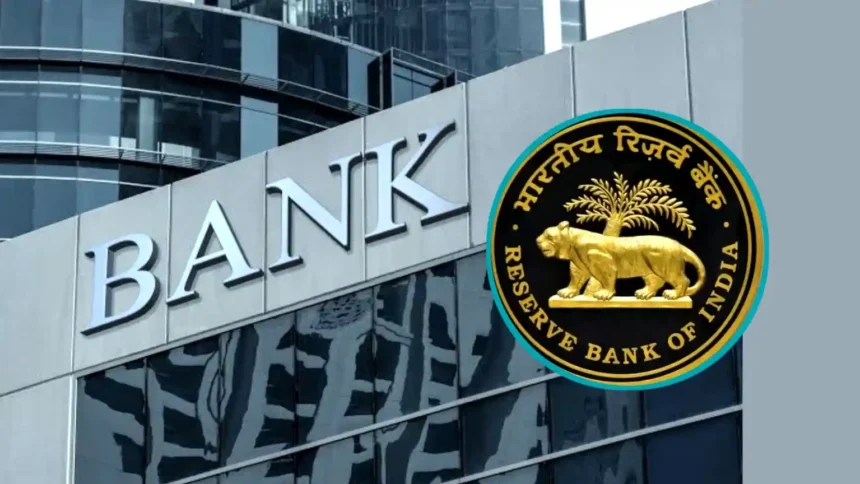The Indian Banks Association (IBA) has called for a significant step to curb the rising tide of cyber fraud in the country. The association has urged the government and the Reserve Bank of India (RBI) to grant banks the authority to immediately freeze suspicious accounts to prevent illegal transactions. This demand comes at a time when cybercrimes are rapidly increasing across the nation, with fraudsters exploiting so-called “mule accounts” to transfer illicit funds through the banking system.
The Growing Threat of Mule Accounts
Mule accounts are those used by fraudsters to move illegal money from one place to another. These accounts are often opened in the names of unsuspecting or vulnerable individuals, whom criminals lure with small incentives to serve as their tools. According to a recent IBA report, banks freeze thousands of such accounts annually, but fraudsters exploit loopholes in the system to quickly create new ones. Time constraints pose a major hurdle, as under the current Prevention of Money Laundering Act (PMLA), banks must obtain permission from courts or law enforcement agencies (LEAs) to freeze an account. Criminals capitalize on this delay, swiftly transferring funds before action can be taken.
Banks’ Demands Permission to Freeze Accounts
A working group of the IBA has recommended in its report that banks be allowed to freeze suspicious accounts immediately. The report stated, “We can present this suggestion to the RBI for consideration.” Additionally, banks have emphasized technology-based solutions to identify and prevent mule accounts. The use of artificial intelligence (AI) and machine learning (ML) for transaction monitoring has been proposed to anticipate criminal strategies in advance and ensure the security of the financial ecosystem.
Banks have also suggested leveraging the Election Commission’s database to verify accounts opened using voter ID cards or Form 60 (in the absence of a PAN card). Furthermore, they have recommended limiting the number of transactions on such accounts to prevent misuse.
Rising Cyber Fraud
Recent data highlights a sharp rise in cyber fraud cases in India. According to a 2024 report, cyber fraud amounting to an average of Rs 1.5 lakh occurs every minute in the country. Private sector banks such as Kotak Mahindra, Axis Bank, HDFC Bank, and ICICI Bank are among the hardest hit by such frauds. Compared to public sector banks, private banks have reported a higher incidence of fraudulent activities. States like Maharashtra account for a significant portion of cyber fraud-related losses, contributing over a quarter of the total losses nationwide.
Use of technology for detecting suspicious activities
The IBA has stressed the need for a comprehensive, technology-driven approach to tackle cybercrime. Real-time transaction monitoring using AI and ML can help detect suspicious activities instantly. Banks have also been advised to train their staff, strengthen collaboration with regulators, law enforcement agencies, and technology providers, and enhance coordination.
The report emphasizes that the fight against mule accounts demands a collective effort. Financial institutions, regulators, and other stakeholders must work together to safeguard the financial system from cyber threats. Only with a robust strategy and dedicated resolve can cybercrime be effectively curbed.







